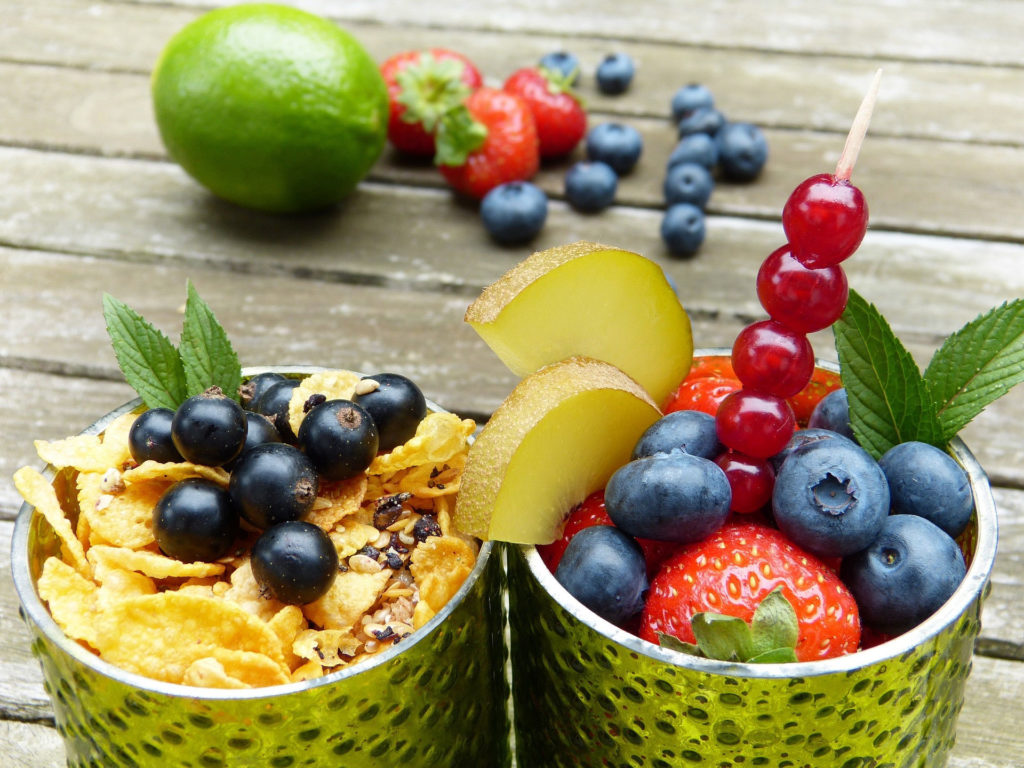Dear readers,
Welcome to my new blog article about species-appropriate nutrition in 2024! In a world where over 80% of people feel unsure about what really constitutes a healthy diet, I would like to invite you to join me on this exciting journey. It is a time that is full of challenges, but also full of opportunities to rediscover ourselves and our eating habits.

The dilemma of information overload
The flood of information we encounter every day can be overwhelming and confusing. The food industry, clever marketing and, above all, artificial intelligence influence our perception and understanding of ‘healthy’. Yet amidst all these external influences, one thing remains clear: our diet should not only be nourishing, but also intuitive and fulfilling.
One of the most promising approaches that has recently gained momentum is intuitive eating. This is about listening to your gut and eating what is really good for you. It’s a path that takes us back to our natural instincts – and it’s both encouraging and liberating.
For example, it is well recognized that eating eggs is a very good source of protein for us humans. The Medjool date is also a great source of important and critical nutrients.
We also know that we need much higher doses of vitamin D3(+K2), vitamin C, magnesium, structured & living water, among others.
Reflect on your eating routines
I would like to encourage you to regularly reflect on your eating routines. What feels good? What gives you energy and what makes you feel tired or uncomfortable? Reflecting on our eating habits is not only a way to get to know ourselves better, but also a step towards a more conscious and species-appropriate diet.
Here are two simple exercises that can help you to promote mindfulness and reflection in relation to your diet:
- mindful meals: Set a time once a week for a mindful meal. Turn off all distractions – no cell phone, no TV. Focus completely on the texture, taste and aroma of your food. Chew each bite thoroughly and enjoy the moment. This practice not only aids digestion, but also helps you to build a deeper connection with your food and your needs.
- mindfulness diary: take a few minutes each evening to reflect on your day. What did you eat? How did it make you feel? Were there moments when you consciously listened to your gut feeling? Write down your thoughts and feelings. This journal can be a valuable tool for recognizing patterns and strengthening your intuition.

A call for personal responsibility
Remember that this article is not a substitute for specialist medical advice. Rather, it is intended to encourage you to take responsibility for your own health and expand your knowledge of nutrition. Inform yourself, do your research and trust your gut feeling. The path to a species-appropriate diet is individual and there is no “one right way”.
Together, we can overcome the challenges and take advantage of the opportunities that a conscious diet offers us. Let’s find the courage to reflect on our eating habits again and again and listen to our inner knowledge. I look forward to reading your thoughts and experiences on this topic!
Stay healthy and mindful!
Your Sohrab